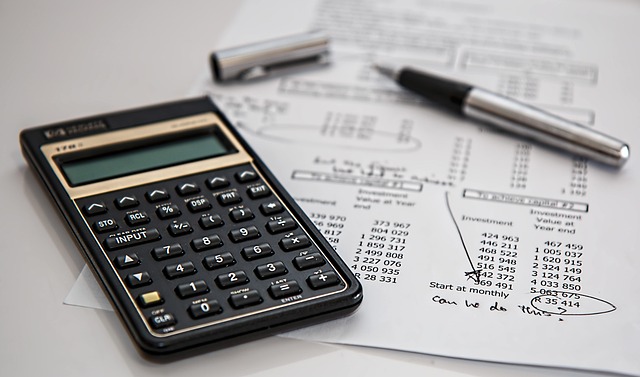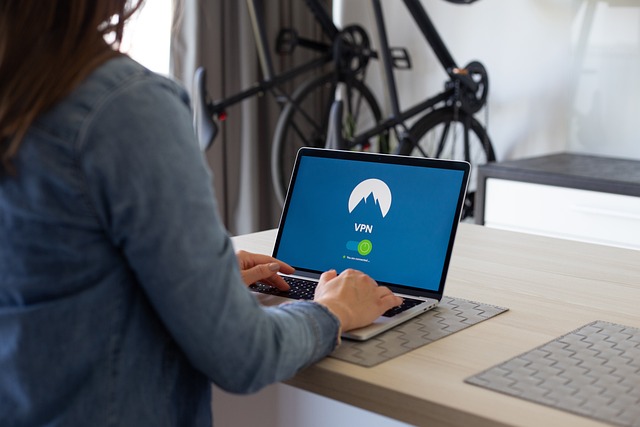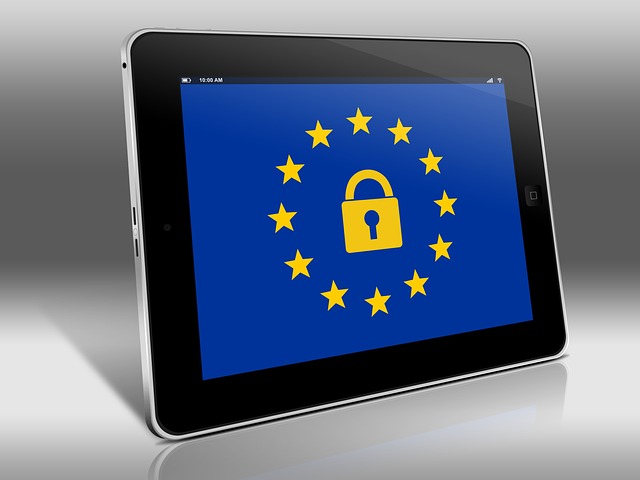Accounting and CPA firms face unique cyber threats, like phishing and software manipulation. Regular cyber audits, tailored to their needs, are vital for Data Protection. These audits assess IT infrastructure, employee practices, and data security measures, leading to implementations like robust encryption, software patches, and strict IT policies. By integrating advanced threat detection systems and comprehensive redundancy measures, CPAs can ensure business continuity and client trust.
“In the digital age, accounting and CPA firms face unique cybersecurity challenges. Understanding and mitigating these threats are essential to protect sensitive client data and maintain firm integrity. This article delves into crucial aspects of cybersecurity tailored to CPAs, including identifying specific cyber threats, implementing robust risk mitigation strategies like cyber audits, and adopting advanced access controls and threat detection systems. By exploring these best practices, firms can ensure business continuity and enhance their security posture.”
- Understanding Cyber Threats Unique to CPAs
- The Role of Cyber Audits in Risk Mitigation
- Implementing Strong Access Controls for Data Security
- Protecting Sensitive Client Information: Best Practices
- Exploring Advanced Threat Detection Systems
- Ensuring Business Continuity Through Redundancy Measures
Understanding Cyber Threats Unique to CPAs

Accounting and CPA firms deal with sensitive financial data, making them attractive targets for cybercriminals. Understanding the unique cyber threats in this sector is crucial for maintaining client trust and regulatory compliance. Unlike general businesses that may focus on protecting against common ransomware attacks or data breaches, CPAs face specific risks like phishing schemes targeting payroll information or malicious software designed to manipulate financial reports. These threats can lead to significant consequences, including financial loss, reputational damage, and legal repercussions.
One effective strategy for mitigating these risks is conducting regular cybersecurity audits tailored to the unique needs of accounting firms. This process involves assessing IT infrastructure, employee practices, and data protection measures. By implementing robust email encryption protocols, updating software patches, and enforcing strict IT policy implementation, CPAs can fortify their defenses against emerging cyber threats. Such proactive measures not only safeguard client information but also demonstrate a commitment to ethical business practices and regulatory adherence.
The Role of Cyber Audits in Risk Mitigation

In today’s digital era, cybersecurity has become a paramount concern for accounting and CPA firms handling sensitive financial data. Among the various risk mitigation strategies, cyber audits stand out as a game-changer. These comprehensive assessments meticulously scrutinize an organization’s information security posture, identifying vulnerabilities and misconfigurations that could expose critical CPA data to potential threats. By leveraging advanced tools and expert insights, cyber audits for CPAs offer a structured approach to enhancing cybersecurity audits, ensuring compliance with industry regulations like GDPR or SOC 2, and safeguarding client information from malicious actors.
Furthermore, regular cybersecurity audits enable proactive risk management. They provide actionable recommendations tailored to the specific needs of accounting firms, including implementing robust access controls through VPN solutions for CPAs, encrypting sensitive data at rest and in transit, and establishing incident response plans. Such measures not only strengthen CPA data security but also build trust among clients, fostering long-term relationships based on transparency and integrity.
Implementing Strong Access Controls for Data Security

In today’s digital age, where sensitive financial data is at a premium, accounting and CPA firms must prioritize their cyber defenses. Implementing robust access controls is a cornerstone of any comprehensive cybersecurity strategy tailored to these professionals. This involves ensuring that only authorized personnel can access client information, reducing the risk of unauthorized data breaches and potential identity theft.
By integrating advanced authentication mechanisms like multi-factor authentication (MFA) and role-based access controls (RBAC), firms can significantly mitigate the challenges posed by cyber threats. These measures not only safeguard CPA data security but also serve as a robust foundation for regular cyber audits, empowering professionals to maintain the highest standards of data integrity in an ever-evolving digital landscape. Additionally, integrating phishing protection and deploying firewalls for CPAs further strengthens their defenses against sophisticated cyberattacks.
Protecting Sensitive Client Information: Best Practices

Protecting sensitive client information is paramount for accounting and CPA firms. With vast amounts of financial data under their custody, these professionals are prime targets for cybercriminals. Implementing robust cybersecurity measures, such as regular cyber audits for CPAs, is essential to safeguard this critical information. These audits should encompass a comprehensive review of IT systems, including the latest firewall for CPAs, to identify vulnerabilities and ensure compliance with best practices.
Best practices include establishing stringent access controls, encrypting sensitive data both at rest and in transit, and regularly updating software patches. Additionally, firms should enforce a robust IT policy implementation process, encompassing guidelines for password management, device usage, and remote work protocols. By adopting these measures, accounting professionals can significantly reduce the risk of data breaches and protect their clients’ information with the utmost integrity.
Exploring Advanced Threat Detection Systems

In today’s digital era, cybersecurity threats are evolving rapidly, making it more challenging for accounting and CPA firms to safeguard their sensitive financial data. Exploring advanced threat detection systems is a proactive step towards mitigating these risks. These systems employ sophisticated algorithms and machine learning capabilities to identify patterns and anomalies indicative of potential cyberattacks. By integrating such technologies, CPAs can enhance their cyber audits, ensuring robust data security measures in place.
Effective threat detection involves continuous monitoring of network activities, user behaviors, and system configurations. This includes implementing IT policies that govern access controls, encryption protocols, and regular patching updates. With a well-defined IT policy implementation strategy, accounting firms can significantly reduce the likelihood of CPA data breaches. Proactive monitoring and rapid response to detected threats are key to maintaining the integrity and confidentiality of accounting data.
Ensuring Business Continuity Through Redundancy Measures

In today’s digital era, where cyber threats are on the rise, ensuring business continuity for accounting and CPA firms is paramount. A robust strategy involves implementing redundancy measures to safeguard against potential disruptions. One effective approach is establishing secure backup systems that enable quick data recovery in case of a breach or system failure. This could include cloud-based solutions, off-site data storage, or redundant servers, ensuring that financial records and client information remain accessible when it matters most.
Additionally, CPAs can leverage tools like VPN for CPAs and firewall for CPAs to fortify their network security. A Virtual Private Network (VPN) provides a secure connection, allowing remote access to sensitive data while maintaining confidentiality. Firewalls act as a barrier against unauthorized access, filtering incoming and outgoing network traffic. When combined with regular cyber audits for CPAs, these measures create a comprehensive defense mechanism, promoting uninterrupted operations and the integrity of financial data within accounting firms.
